Uncategorized
-
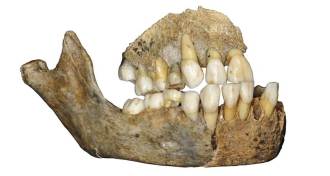 Genetics
GeneticsDNA reveals a European Neandertal lineage that lasted 80,000 years
Ancient DNA from cave fossils in Belgium and Germany shows an unbroken genetic line of the extinct hominids emerged at least 120,000 years ago.
By Bruce Bower -
 Health & Medicine
Health & MedicineThick calluses don’t make feet any less sensitive
Bare feet that develop thick calluses are just as sensitive as shoe-clad feet, a study in Kenya finds.
-
 Archaeology
ArchaeologyPeru’s famous Nazca Lines may include drawings of exotic birds
Pre-Inca people depicted winged fliers from far away in landscape art.
By Bruce Bower -
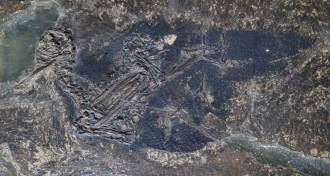 Paleontology
PaleontologySigns of the color blue have been found in a fossil for the first time
Scientists think they’ve spotted hints of blue plumage in a fossilized bird from 48 million years ago.
-
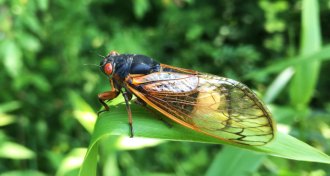 Life
LifeThese fungi drug cicadas with psilocybin or amphetamine to make them mate nonstop
Massospora fungi use a compound found in magic mushrooms or an amphetamine to drive infected cicadas to mate and mate and mate.
-
 Astronomy
AstronomyA new algorithm finds nearby stars that could host hidden worlds
An algorithm dubbed “Netflix for exoplanets” identified more than 350 stars that, based on their chemistry, might have planets orbiting out of sight.
-
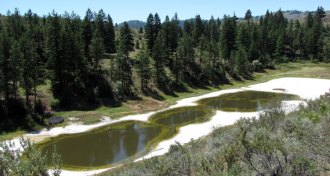 Life
LifeDried Earth microbes could grow on Mars with just a little humidity
Showing that salt-loving bacteria can double their numbers after absorbing damp air has implications for life on other planets.
-
 Health & Medicine
Health & Medicine3-D mammograms are popular, but are they better than 2-D?
The use of digital breast tomosynthesis, a newer breast cancer screening technology with limited evidence, has risen in recent years.
-
 Microbes
MicrobesGut microbes might help elite athletes boost their physical performance
Veillonella bacteria increased in some runners’ guts after a marathon, and may make a compound that might boost endurance, a mouse study suggests.
-
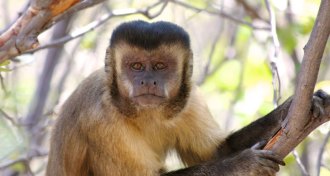 Archaeology
ArchaeologyCapuchin monkeys’ stone-tool use has evolved over 3,000 years
A Brazilian archaeological site reveals capuchins’ long history of practical alterations to pounding implements, researchers say.
By Bruce Bower -
 Astronomy
AstronomyThe highest-energy photons ever seen hail from the Crab Nebula
An experiment in Tibet spotted photons with over 100 trillion electron volts of energy.
-
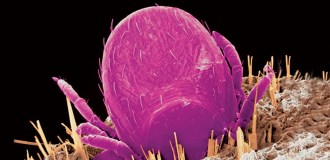 Health & Medicine
Health & MedicineNew approaches may help solve the Lyme disease diagnosis dilemma
Lyme disease is hard to detect, but scientists are investigating new diagnostic approaches.
By Laura Beil